3 min read
•Community collaboration to reduce waste, build new businesses
3 min read
•Plastic is integral to modern life. Every day, billions of people use it to keep food fresher, auto manufacturers rely on it to make lighter, more fuel-efficient cars, and medical device companies use it to produce safer medical equipment.
But not all people have the same capability to recycle wasted plastics for future use.
This is particularly the case in many Asian countries, where although people often reuse plastics multiple times, that waste may still end up in landfills due to a lack of recycling infrastructure.
In Indonesia, energy and materials company ExxonMobil, has looked to overcome this challenge in a way that not only reduces waste but also improves lives.
ExxonMobil collaborated closely with community groups in East Java, such as the Centre of Integrated Waste Service and Management and Forum Bank Sampah Tuban, that work to reduce waste. Village youth activists and local women also joined to develop long-term solutions for the region.
Together, they created an idea for a new central community meeting point and a children’s playground built entirely from recycled plastics, transforming that waste into long-lasting building materials known as eco-bricks.
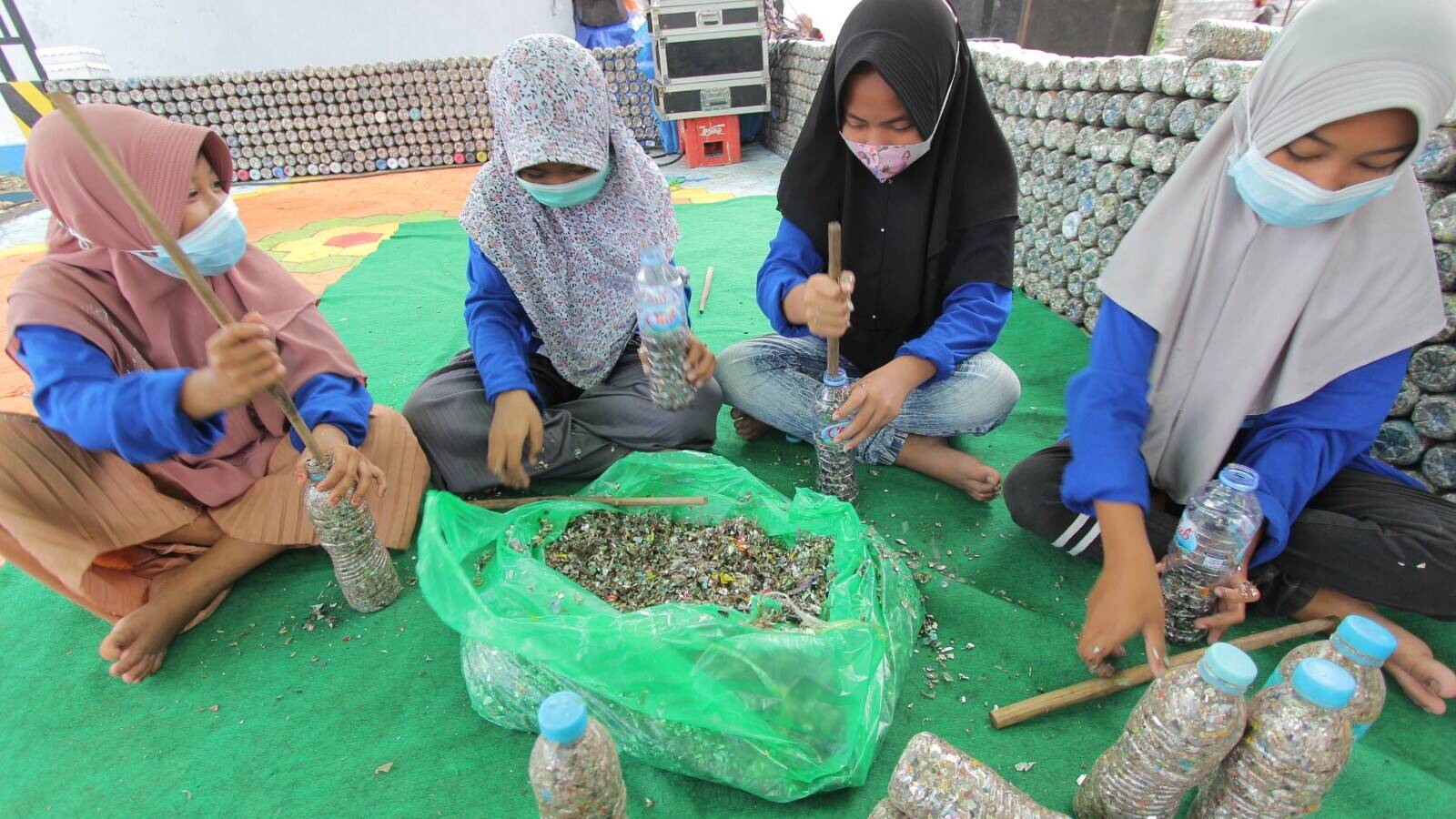
An eco-brick is a building block that is created from a single 600-millilitre plastic bottle. Eco-bricks have previously been used to reinforce river walls, providing protection against erosion and flooding.
More than 400 students from local schools collected 6,000 discarded bottles over six months.
The eco-bricks were used to build the garden’s walls, while unprocessed plastic bottles were also used to create vertical plant pots.
The garden has since become a community focal point, a place for town events and a playground for local children.
The local Head of Village, Aji Agus Wiyoto, added that the eco-brick park has also created a business opportunity for the region.
Wiyoto said he expects the park to become a hub for those who would like to learn about plastic waste management in their own communities and eco-brick-making skills.
The site is the first – and only – eco-brick garden in Indonesia’s East Java region.
In all, ExxonMobil’s project with the community helped reduce local plastic waste by almost 2 tonnes.
ExxonMobil is also playing a role in providing people a way to reduce waste in Hong Kong.
Plastic waste accounts for almost a quarter of daily municipal solid waste there.
In an effort to reduce waste, ExxonMobil Hong Kong collaborated with Drink Without Waste to set up more than 30 plastic bottle collection points, as well as 22 glass recycling bins, in Esso service stations across the city.
In just two months, more than 200 kilograms of plastic was collected.
The collected PET plastic bottles will be converted into food-grade-ready materials, and the glass will be crushed to be used as a substitute for natural river sand in the production of construction materials.
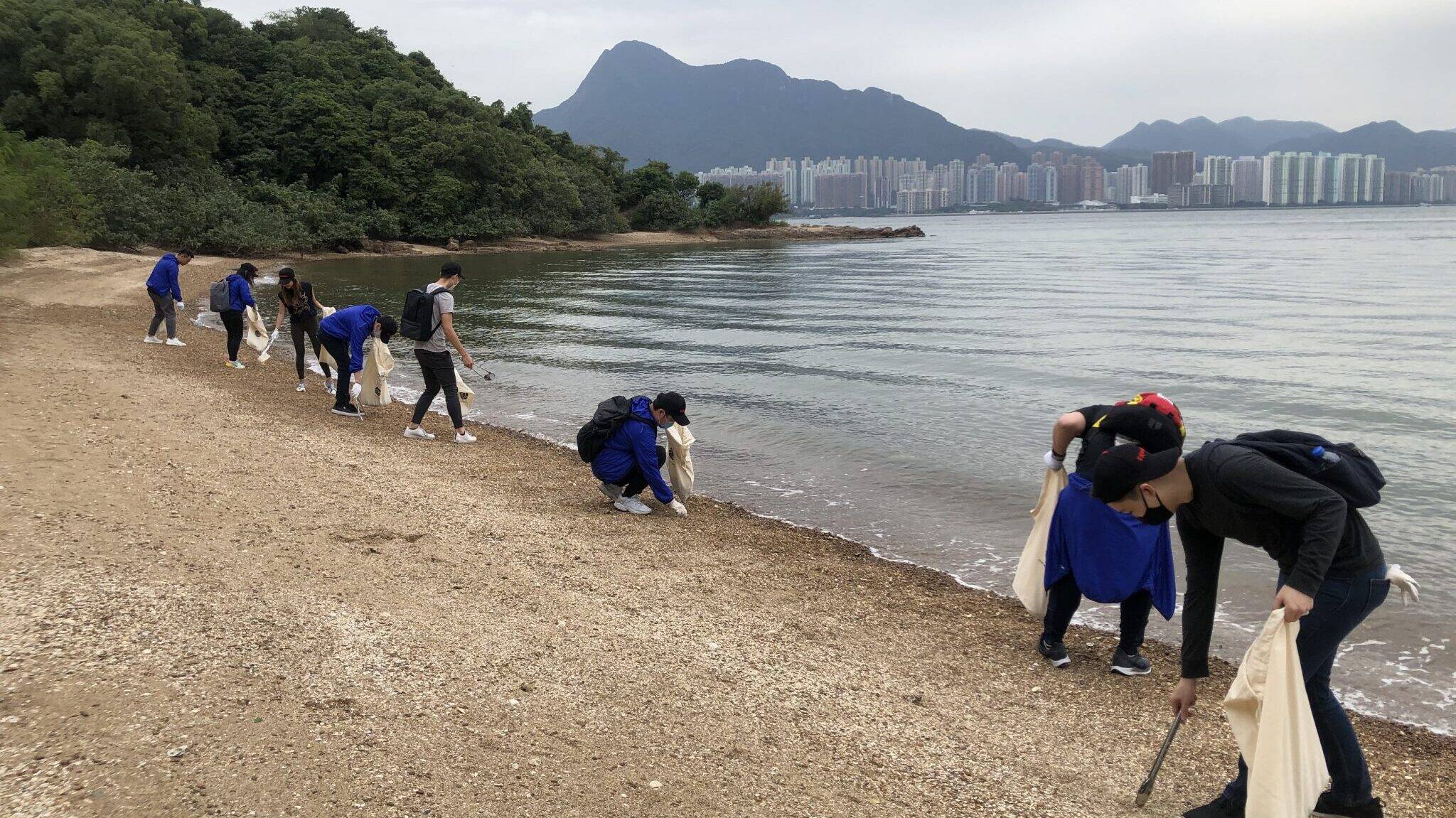
ExxonMobil employees are also getting hands-on to make a cleaner Hong Kong, participating in beach clean-up events.
In Thailand, at an ExxonMobil affiliate Esso’s office, employees saw an increase in waste plastic due to using more delivery and take away food that utilised non-reusable plastics due to COVID-19-related hygiene issues.
To overcome this, they joined the ‘Send Plastic Home’ project to promote plastic waste reduction at Esso’s Bangkok and Sriracha refinery offices.
The campaign encouraged the sorting and dropping of hard and stretchy plastics at designated points in offices between September and December 2020, which was then collected for recycling.
The campaign recycled nearly half a tonne of plastic to the project.
Esso continues to encourage employees’ participation in this waste management and environmental care campaign to help society.
Across Asia Pacific, people are stepping up to turn what could have become waste into products that are building a better world.
Asia Pacific region
Newsroom
Stay up to date with the latest news and information
Explore more
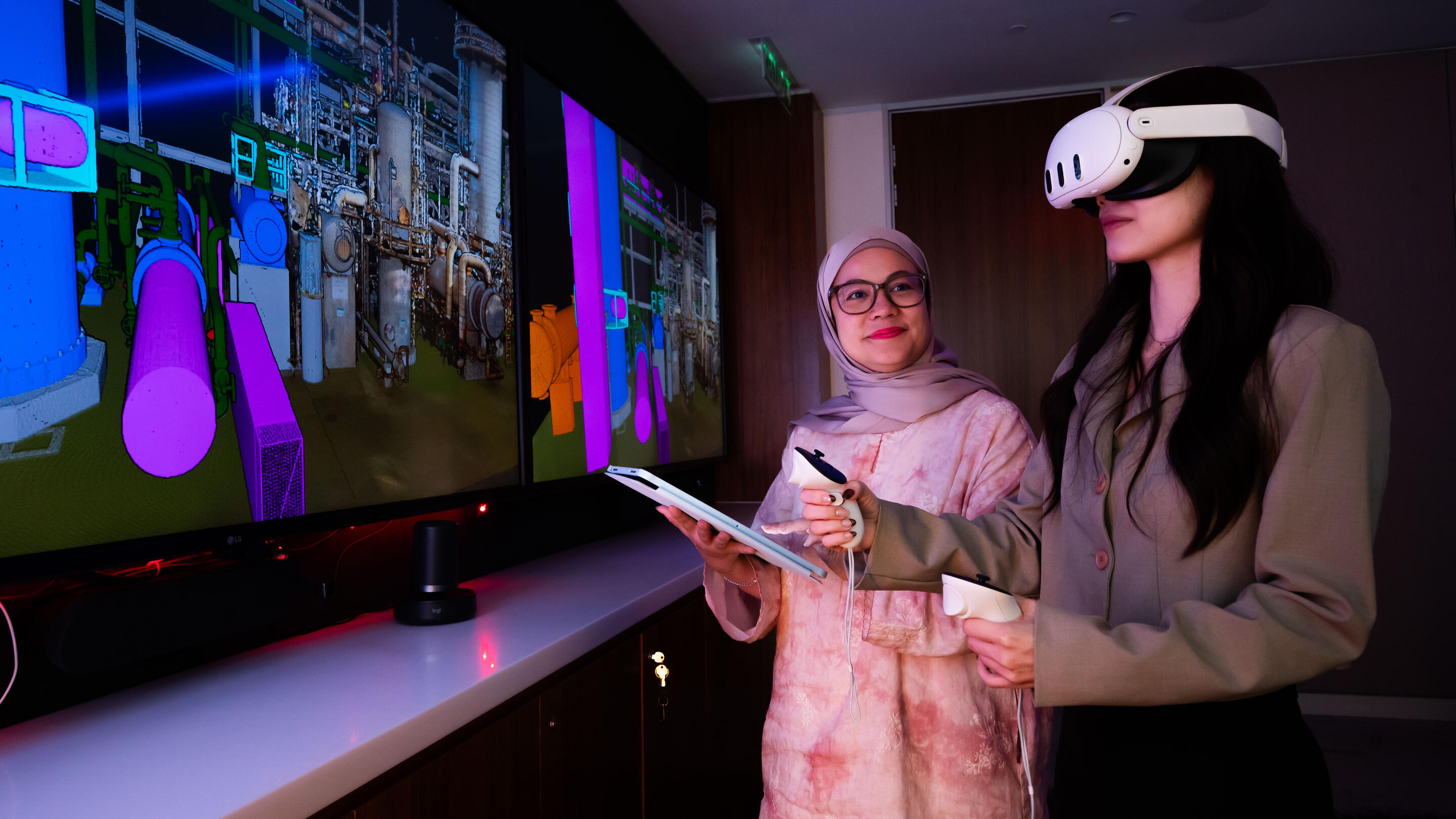
Digital minds, global solutions: KLTC’s virtual way of working
2 min read
•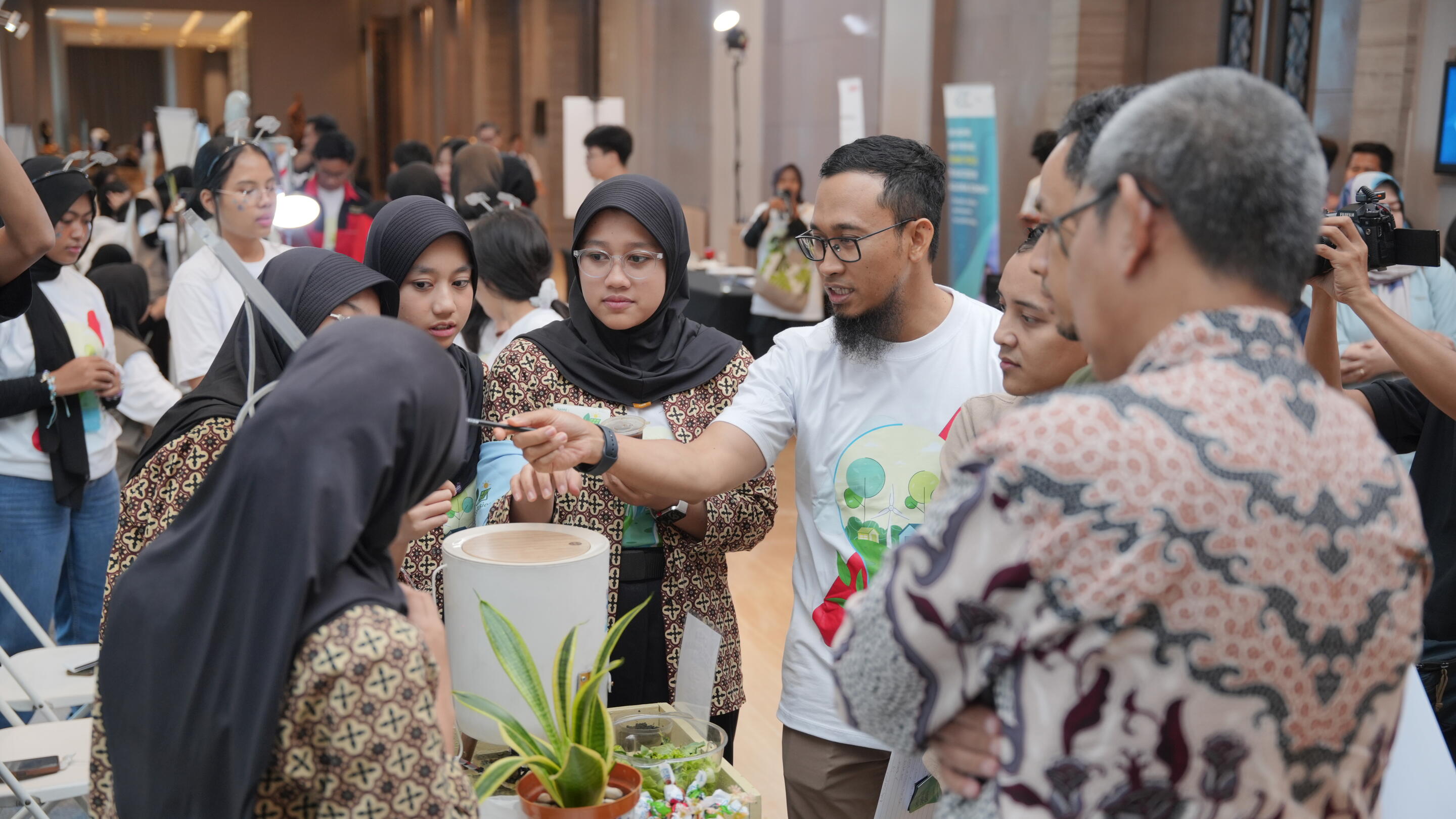
Empowering the next generation through STEM education
4 min read
•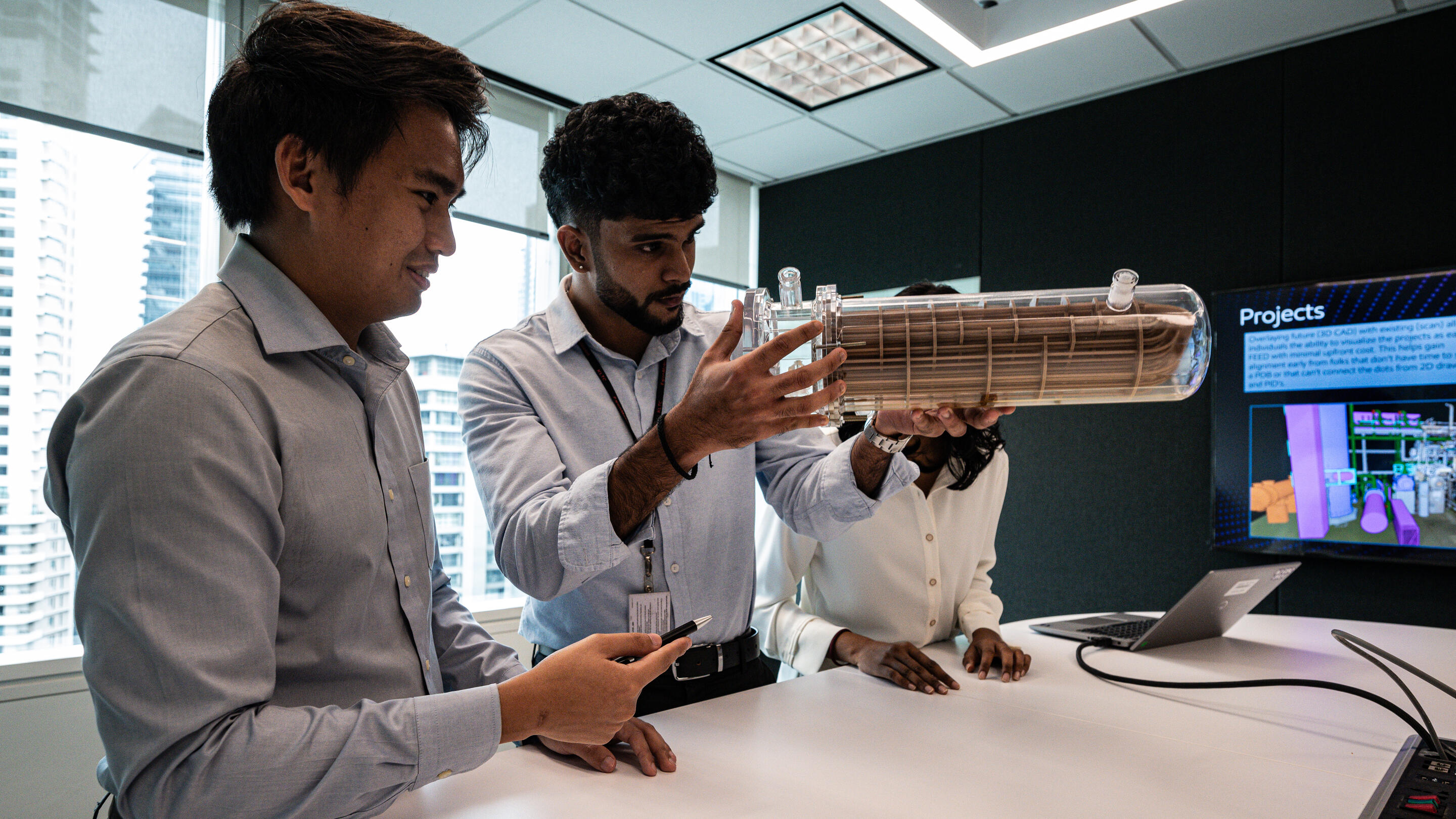
Global engineering talent in the heart of Malaysia
3 min read
•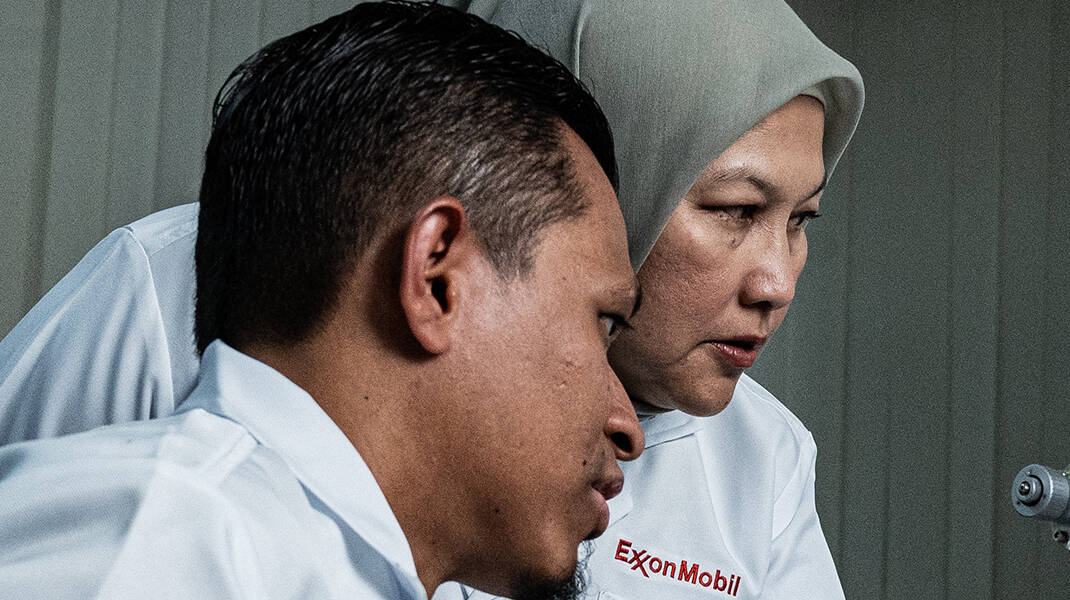
Getting a headstart: Giving students a taste of real-world challenges
2 min read
•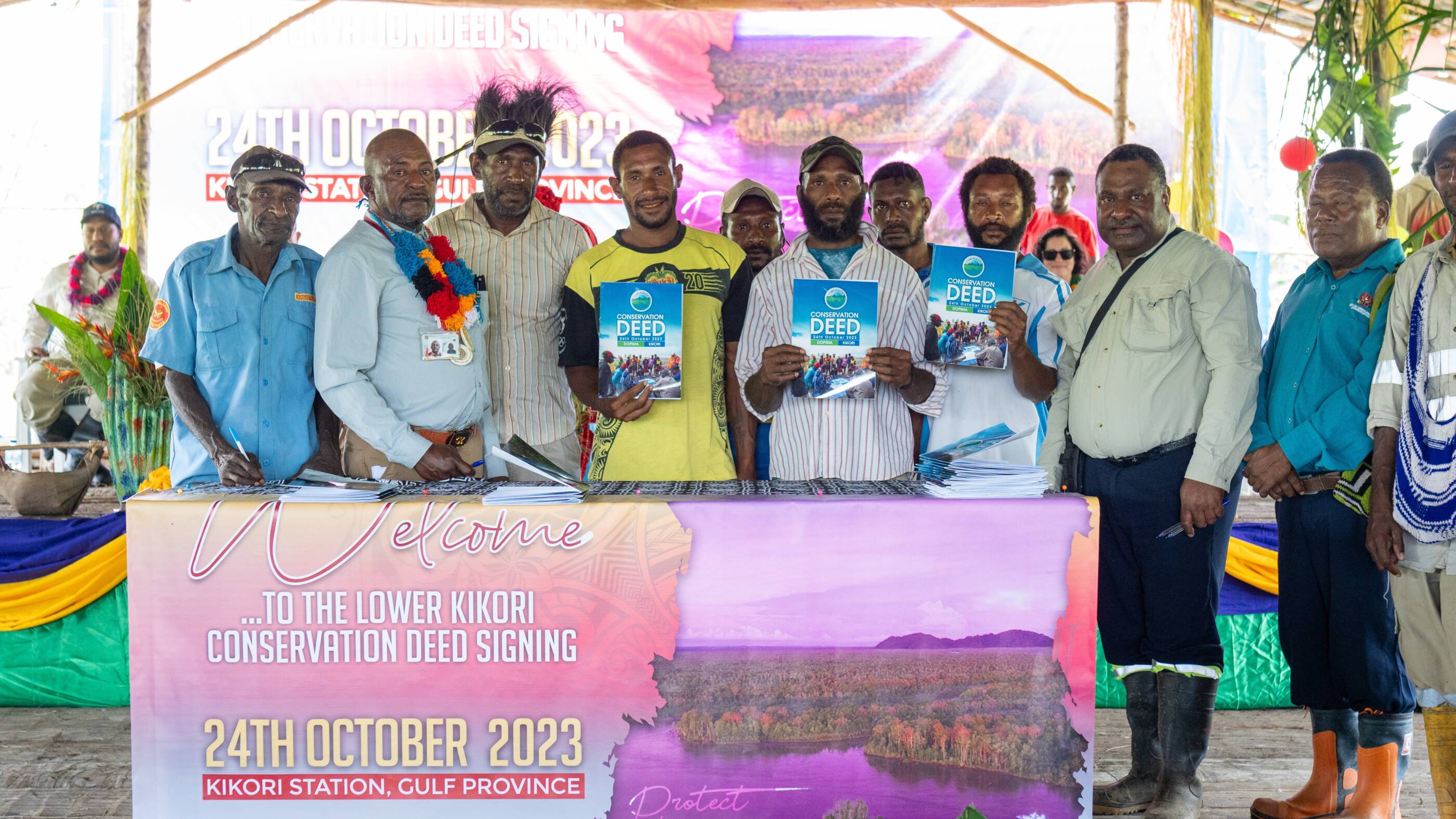
Papua New Guinea clans unite to conserve 20,000 hectares
2 min read
•
